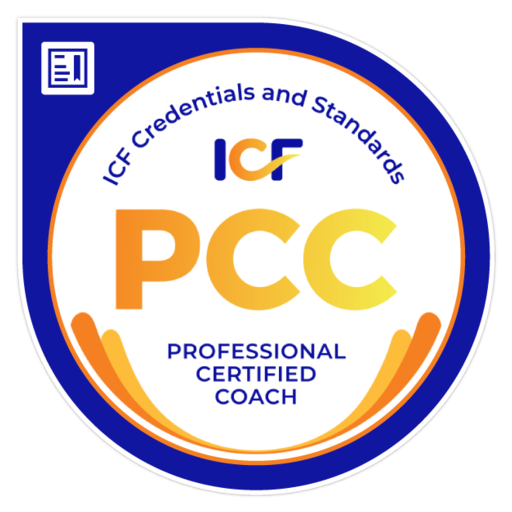A successful person is one who can lay a firm foundation with the bricks that others throw at him or her. -David Brinkley
 This post is about receiving negative feedback or making receiving criticism a positive experience. For ease of discussion, let’s say there are two types of feedback: positive feedback when you are told you are doing a good job and negative feedback when you are told that you need improvement. It seems simple to be on the receiving end of the positive variety – smile and lap it up; you’re brilliant. Not so simple is taking in that negative evaluation – just how bad are you and how can you improve. But there’s one more thing – that has to do with the nuances of all types of critiques. No matter what you are being told, it is up to you to assess the accuracy of the information being shared and to make an informed decision of its truthfulness, precision and importance to you.
This post is about receiving negative feedback or making receiving criticism a positive experience. For ease of discussion, let’s say there are two types of feedback: positive feedback when you are told you are doing a good job and negative feedback when you are told that you need improvement. It seems simple to be on the receiving end of the positive variety – smile and lap it up; you’re brilliant. Not so simple is taking in that negative evaluation – just how bad are you and how can you improve. But there’s one more thing – that has to do with the nuances of all types of critiques. No matter what you are being told, it is up to you to assess the accuracy of the information being shared and to make an informed decision of its truthfulness, precision and importance to you.
Let me remind you of the three primary triggers are set off when you receive feedback:
Truth and Identify triggers – The feedback you are being given may result in defensiveness on your part if it is either (1) incompatible with your personal view of yourself or (2) compatible with something about yourself that you think you have been able to hide from others. Either way, you have to use a conscious thought process to assess the truthfulness or accuracy of what you are being told.
Relationship triggers – Consider the source of the critique. You may not like or trust the person who is providing the critique. Determine whether the information is genuine, don’t focus on the who but the what.
You want to avoid reacting to these triggers. So the next time you are on the receiving end of feedback – positive or negative – here are a few guidelines to help you take it in, analyze what you are being told, and move forward in a positive way.
Don’t be Take it Personally: At work, the person presenting you with negative feedback is doing his or her job. Don’t take the feedback as a personal attack.
Don’t React Emotionally: As the recipient of feedback, you can control the conversation. You get to decide whether this is going to be an emotional or constructive session. If you react thoughtfully, the conversation will be productive and you will be remembered for your willingness to discuss, not so much for the problem that elicited the negative feedback initially.
Make Sure You Aren’t Reacting to the Person: You may not like or respect the person giving you the feedback, but that doesn’t make the critique any less accurate or meaningful. Look at the content, not the person.
Listen and Absorb Before You React: The best thing you can do is breathe, take a moment when you hear the criticism to let it permeate before you react. In that couple of breaths, you may see the truth of what is being said. You will give yourself the chance to respond constructively rather than with a knee-jerk reaction. You need to act as your own filter for the information you are receiving.
Before Reacting, Show That You Appreciate the Feedback: Remember, it’s difficult for most people to present negative feedback. If you start your response with, “I appreciate that you are trying to help me” or words to that effect, you immediately start to diffuse what might be a difficult conversation.
Don’t Just React, But Make Sure You Understand What is Being Said: In this type of conversation, you want to make sure that you understand that critique. This is the essence of active listening. Before answering, ask a series of questions:
a) Let me make sure I understand what you are telling me …
b) Can you give me some examples when you have seen me acting in this way
c) Let me try to summarize what I hear and please correct me if my understanding it not correct …
Once You Are Clear About What is Being Said, Look for the Accuracy of the Information: It’s important to recognize that this is the view of the person giving the feedback. Perhaps they misunderstood you; perhaps not. Either way, you need to be reflective and evaluate if the criticism is justified.
Ask What You Can Do To Improve: Assume that the critique is meant to be helpful and ask what changes or modifications you can make to resolve the perceived problem.
What if the Feedback is Positive: Well, that’s just great. But, remember not to take anything at face value, we all can improve all the time.
No one wants to receive criticism, even when we know it’s meant to improve us and make us better managers and leaders. But, remember that how you are perceived and your personal growth is highly dependent on your ability to absorb the feedback. If you take the high road, you are going to benefit.




